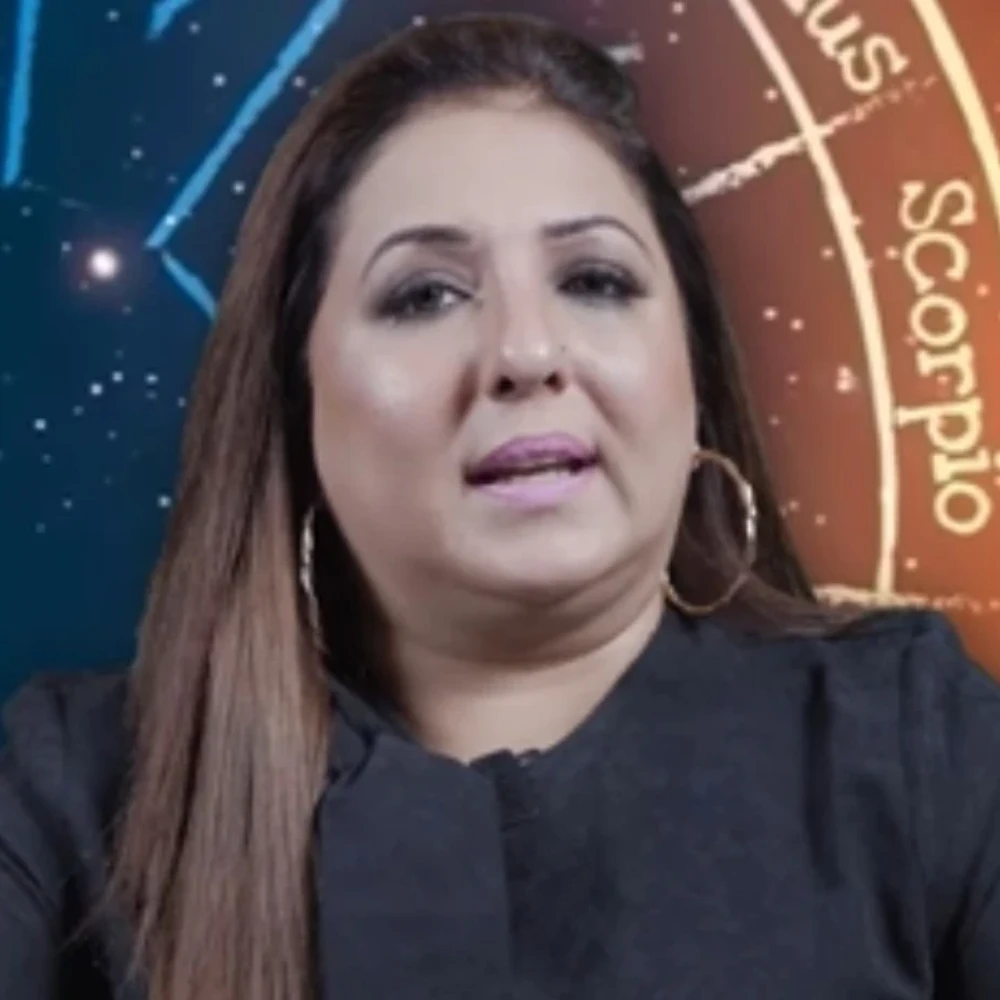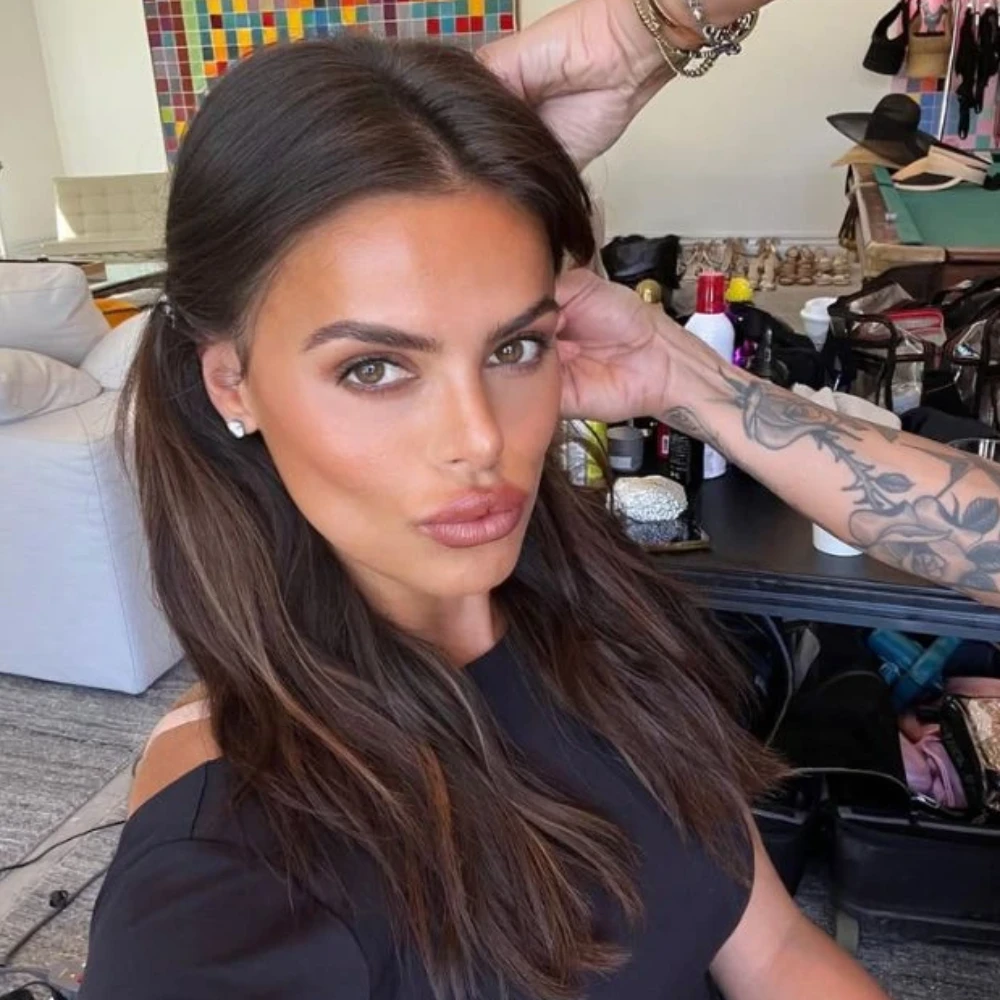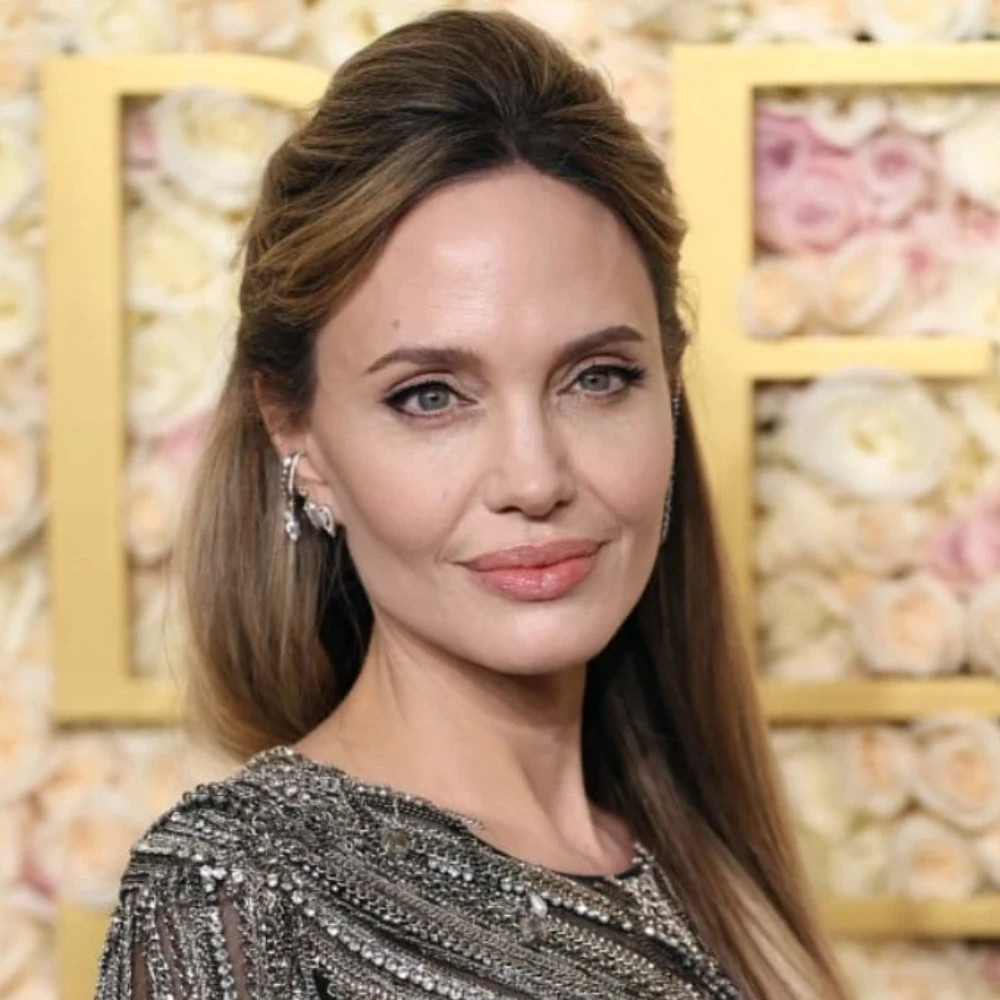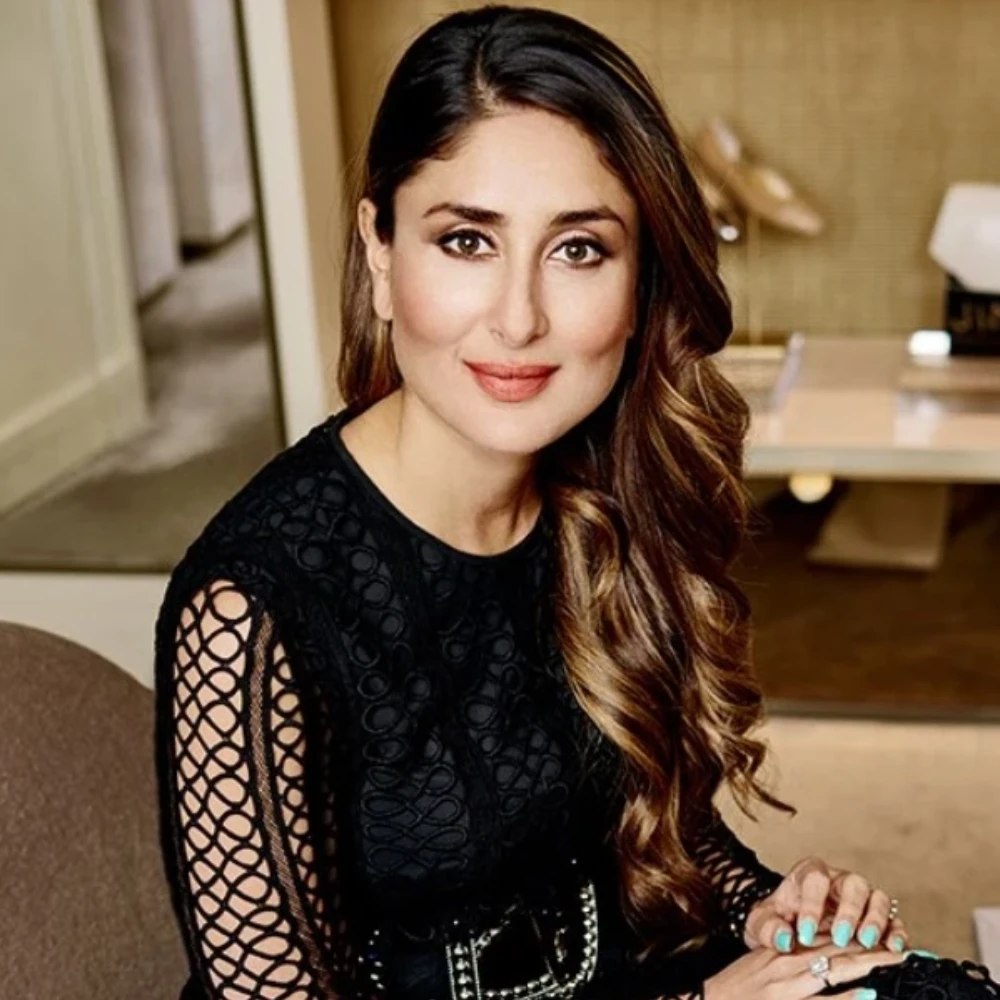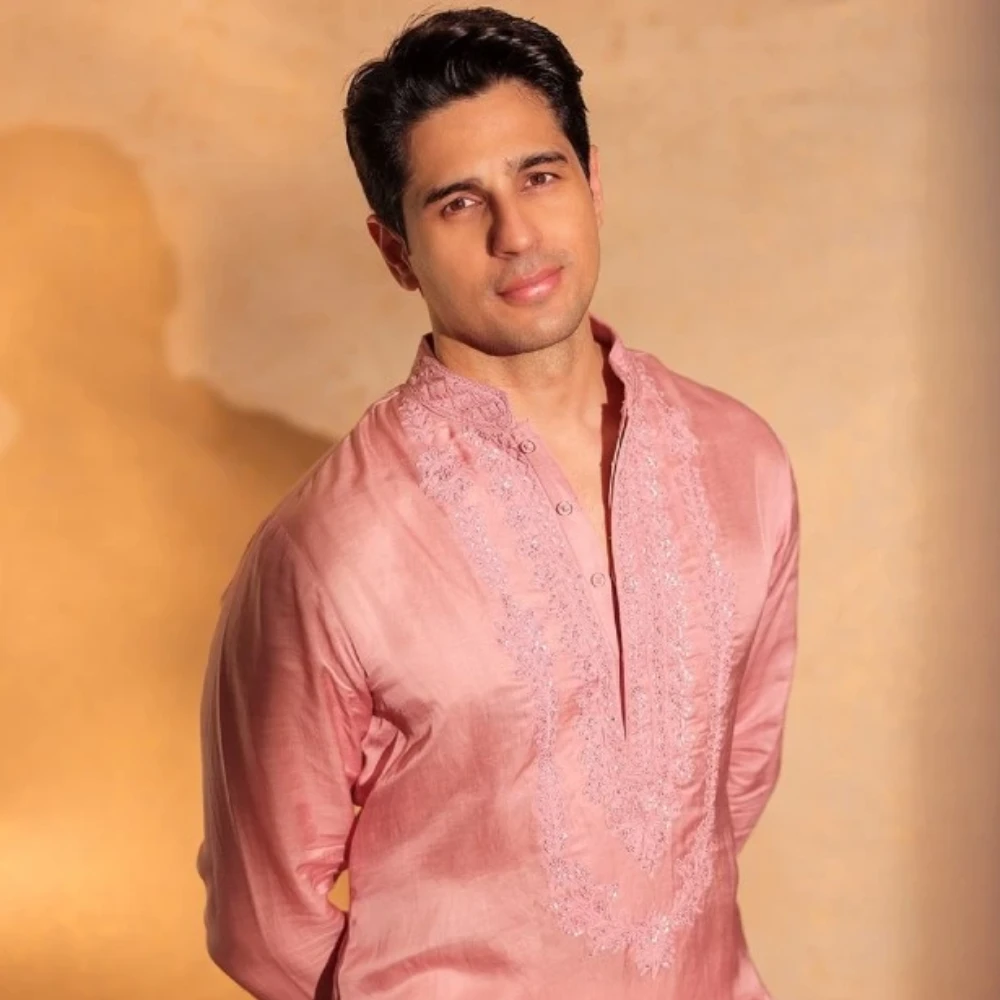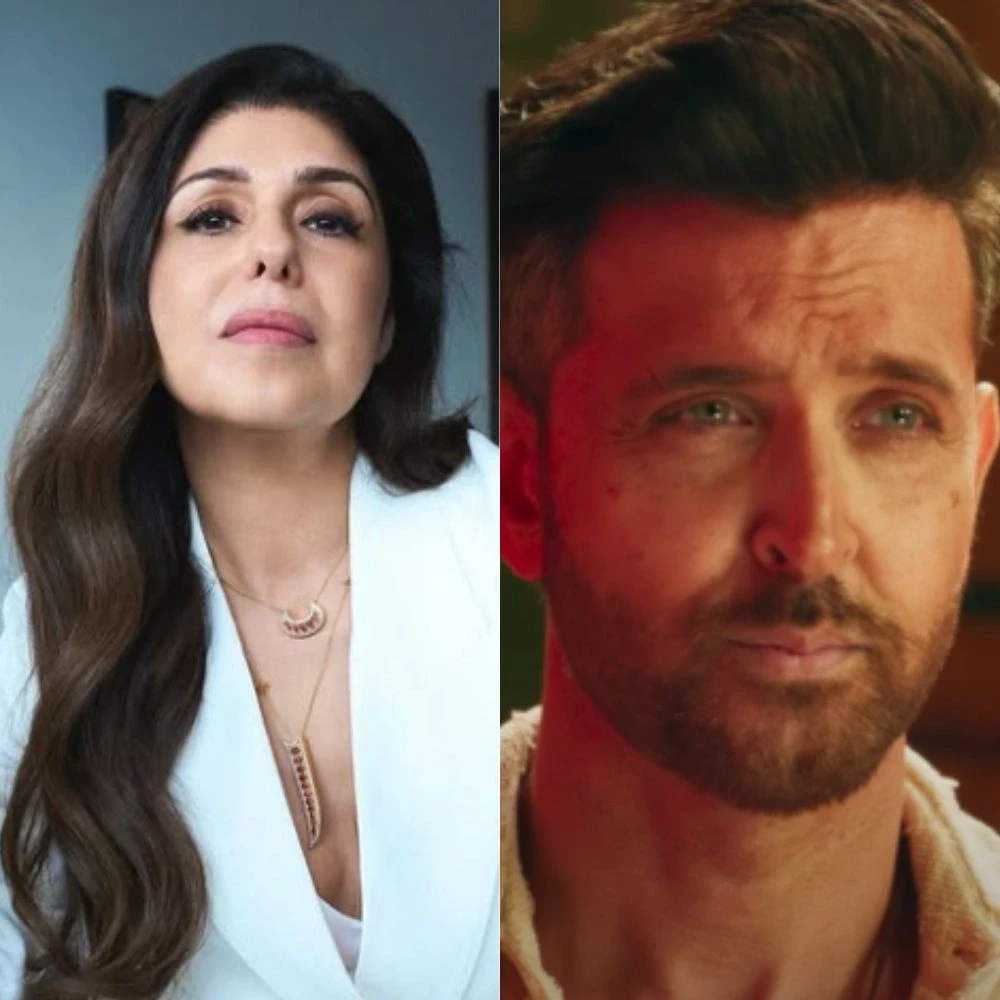High-carb Low-fat Diet: A Complete Guide for Beginners
Discover the surprising benefits of a high-carb low-fat diet for fueling your energy levels, satiating your taste buds, and cutting down on flab at the same time.
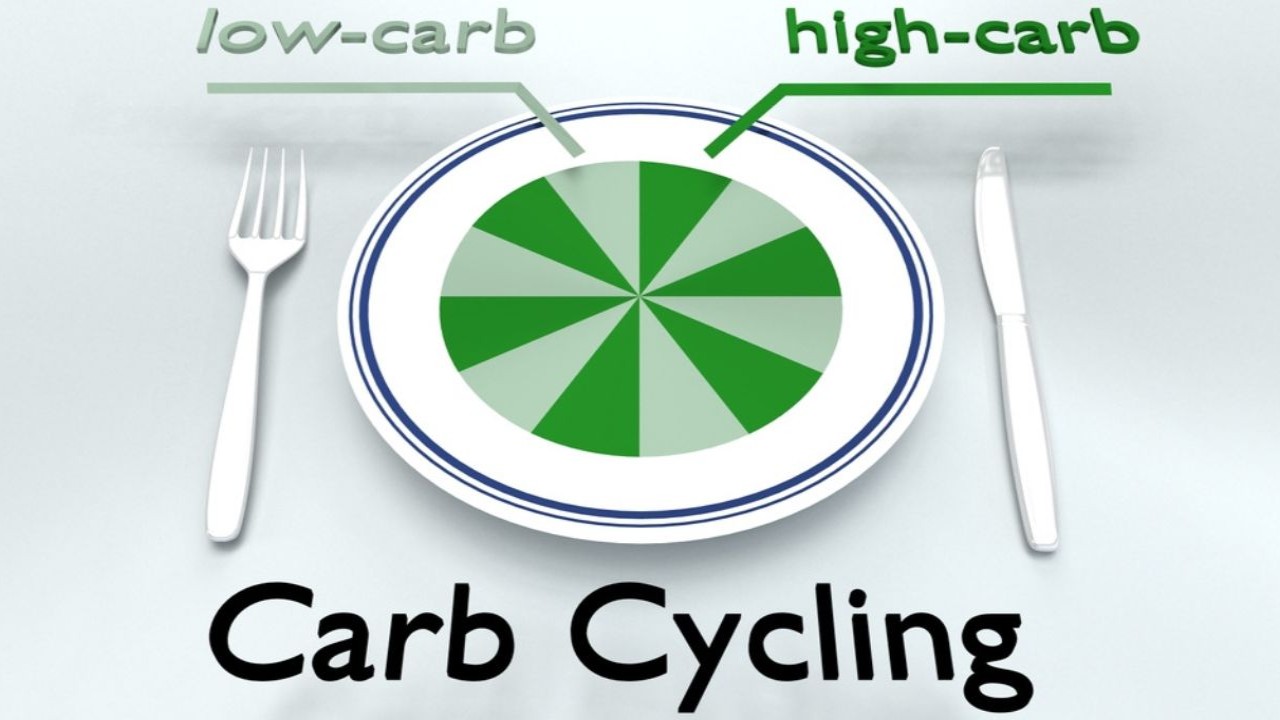
Carbs and fats are those delicious temptations that make your taste buds dance but your jeans cry. If that is the notion you’ve got, then let’s take a couple of minutes to change it as we discuss the real deal with a high-carb low–fat diet, not a low-carb/no-fat diet.
Welcome to the world of a low-fat high-carb diet where nutritional paradigms are challenged and taste buds rejoice. What was once considered a staple food for civilizations worldwide was demolished in the second half of the 1990s, turning carbs and fats into strict no-nos in the fitness journey. However, with the advent of technology and globalization, nutrition experts and scientists are revisiting the theory and have come to realize that maybe they aren’t so bad after all when taken correctly and in controlled proportions. Read on to understand why healthy fats and wholesome carbs are an ideal guilt-free approach to a healthy and fit body.
What’s the High-carb Low-fat Diet?
A plant-based diet plan called the high carb low fat (HCLF) vegan diet places a focus on eating portioned carbohydrates while consuming little fat. It is trending with people looking for a healthy, sustainable, eco-friendly, and compassionate way of eating. This diet combines the tenets of a vegan lifestyle, which forbids the consumption of any animal products, with a focus on getting the majority of your calories from carbohydrates, alongside a small amount of healthy fats (1),(2).
To understand high-carb low-fat foods, let us deconstruct each. Your daily meals are a balance of three macronutrients—carbohydrates (carbs), proteins, and fats—and two micronutrients — vitamins and minerals. While each has its own function, the principal source of energy for the body is carbs.
Carbohydrates
Essentially made of saccharides (natural sugar), carbohydrates can be simple or complex, depending on their chemical structure. Complex carbs like starch and fiber take time to digest, keep you full for longer, prevent frequent snacking, and avoid sudden sugar spikes. Carbohydrates are typically digested to produce glucose, which is then metabolized into calories, the fundamental unit of energy. The high-carb diet that we are harping on is one with complex carbs, not simple, refined, processed sugars (1), (2).
Fats
While fats are an essential macronutrient, excessive consumption, particularly of trans fats, can be deleterious for your weight, heart health, and diabetes. Talking about the health risks of trans fats, our contributor Jennifer Trepeck, a health coach and podcaster - Salad with a side of fries, states, “Consumption of trans fats have been linked to increased risk of stroke, heart disease and type 2 diabetes.”.
High-carb low-fat diet pivots on healthy fats like monounsaturated fatty acids (MUFA), polyunsaturated fatty acids (PUFA), and short and medium-chain saturated fats. From protecting your body from toxins and boosting heart health to giving your dull skin a much-needed glow, healthy fats benefits are omnipresent. High-carb low-fat (HCLF) vegan diet suggests minimal, and not zero intake of healthy fats (1),(2).
Examples of High-Carb Low-Fat Vegan Food Items
Here are some examples of plant-based high-carb low-fat foods that can be prepared quickly, are delectable, and are budget-friendly!
1. Oats have become a common household name and a regular breakfast substitute for age-old cereals and milk. Start your day with a bowl of oatmeal topped with a few high-carb fruits and low-fat nuts like pistachios, cashews, and macadamias to stay in the best shape (3). Sharing the benefits of starting your day with oats, our contributor Jennifer Trepeck, says, “Oats are often recommended because they contain soluble fiber which supports immune health, digestive health, blood sugar balance and more. However, the oats many people eat today are highly processed and don’t contain as much fiber as the traditional, steel-cut oats.”
2. Bananas, apples, oranges, berries, grapes, mangoes, or melons are all high in carbohydrates, tasty, and go well with your oats bowl (4).
3. Lunch and dinner require a substantial amount of carbs, proteins, and fats. Choose any variety of wholesome grains like brown rice, quinoa, oats, barley, whole buckwheat bread, or whole wheat pasta. These are rich in complex carbs with minimal fat content (5),(6).
4. Add beans, lentils, chickpeas, and peas as a side dish because they have a good amount of carbohydrates, a lot of protein, and fiber (4). According to Dr. Allen Conrad, Doctor of Chiropractic and Owner of Montgomery County Chiropractic Center, “Lentils are a great low sugar, high fiber, and protein option. Since lentils are rich in fiber, and offer good protein, the combination of protein and fiber can help fill you up easily, and prevent snacking in-between meals, which can assist with weight loss.”
5. Your meals also need a sizable amount of veggies. Include starchy vegetables like butternut squash, acorn squash, and pumpkin, potatoes, sweet potatoes, corn, carrots, peas, squash, and leafy greens like spinach or kale to fulfill the requirements of high carbs and low fats diet (7).
6. Snacking in-between meals is the real deal breaker while dieting. Wouldn't it be nice to have some snacks that are high-carb, yummy, and filling? Air-popped popcorn, rice cakes, and baked sweet potato fries are some of the amazing alternatives to mindless snacking.
A typical high-carb low-fat (HCLF) vegan diet will ensure that 45-50% of the daily caloric intake is from carbs (about 170-180 grams of carbs per day) and less than 30% of calories from fat consumption (8).
What Are the Benefits of a High-carb Low-fat Diet?
While the internet is flooded with LCHF (low-carb high-fat) diets such as keto and paleo, scientific and anecdotal evidence about HCLF vegan diets is sparse. We have scavenged the scientific libraries and gathered documented data from nutrition experts to come up with the top
8 benefits of a high carbs diet with low fat.
1. May Help Boost Energy Levels

Carbohydrates are the body's preferred source of energy. A high carb intake readily skyrockets the energy quotient of your body, which fuels the brain, muscles, and overall cellular functions. Carbs ensure a steady energy supply, preventing fatigue and weakness and enhancing physical performance.
During exercise, the body’s primary source of energy is the stored carbs, called glycogen, that power the muscles. Athletes can optimize glycogen stores, delay fatigue, and improve endurance by eating a high-carb diet. Furthermore, carbohydrates promote faster post-workout recovery by replenishing glycogen stores and assisting in muscle repair (9),(10).
2. May Boost Muscle Recovery
Carbohydrates play a crucial role in muscle recovery post-workout. The two hormones that assist in the process are insulin and testosterone.
A high-carb low-fat diet sustainably induces insulin production, which is known to stimulate protein synthesis for muscle growth and faster muscle recovery. Carbs also support optimal testosterone levels, a hormone that actively participates in muscle growth, strength, tone, and performance (10),(11).
Studies suggest that a potentially low-carb diet may reduce testosterone levels and boost cortisol production, negatively impacting muscle growth and recovery. A high-carb low-fat diet can thus help increase muscle mass and reduce the fat quotient in the body (12).
3. May Aid in Digestion
A typical HCLF vegan diet incorporates numerous complex carbs containing dietary fiber, that is prebiotic in nature. Unlike probiotics, which contain active strains of gut-friendly bacteria, prebiotics is non-digestible carbohydrates that pass through the small intestine intact and reach the colon, where they serve as a food source for beneficial gut bacteria such as Bifidobacteria and Lactobacilli.
A healthy gut microbiome is linked to better digestion, better nutrient absorption, a stronger immune system, and even better mental health. An HCLF vegan diet is ideal for doing so (13).
4. May Aid in Weight Management
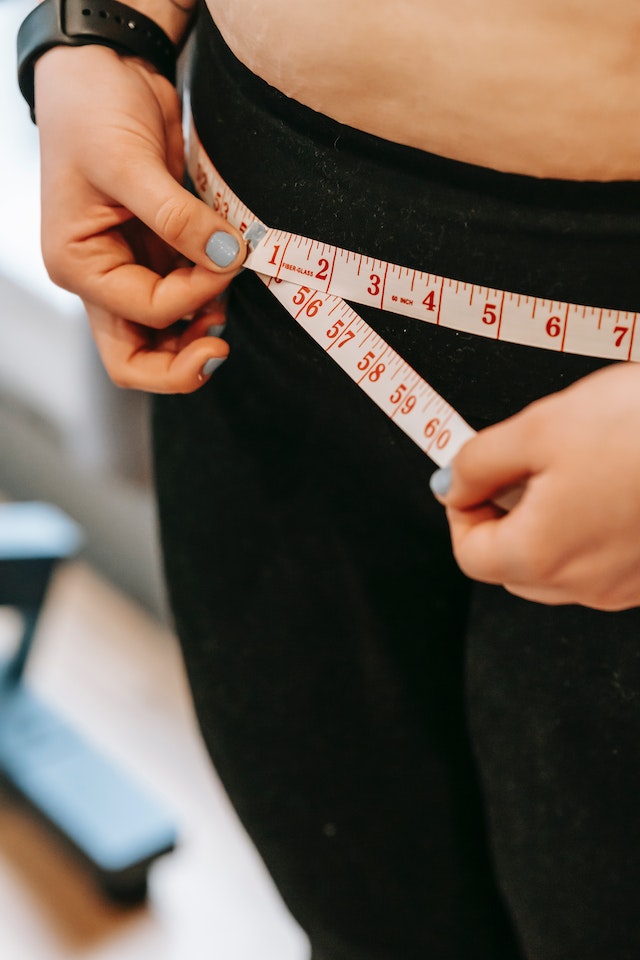
Overweight and obesity issues can be well managed by typical high-carb low-fat foods. High carbs keep the body sustainably energized all day long, preventing the body from relying on fat storage for regular chores and workouts. In fact, high energy levels can boost your workouts, help you strengthen your muscles, and shed the extra flab. Moreover, the complex carbs included in HCLF vegan diets make you feel full for longer, avoiding binge eating (14),(15).
5. May Help Reduce Inflammation in the Body
When you cut down on simple refined carbs and trans fats, you unknowingly give your health journey an unimaginable twist.
The HCLF vegan diet is rich in whole grains, fruits, and vegetables that are rich in antioxidants, such as vitamins C and E, beta-carotene, and various phytonutrients. These compounds help neutralize free radicals and reduce oxidative stress, which are major contributors to inflammation (4). Better insulin levels, a healthy gut, controlled weight, and a complete reduction of saturated fats together reduce inflammation in the body (16).
6. May Help Maintain Blood Sugar Levels
Carbohydrates raise blood sugar levels, which necessitates an increase in insulin production to keep it under control, validating the low-carb hypothesis for blood sugar management. But here’s what you need to know:
Low carbs can definitely prevent blood sugar levels from shooting sky-high, but can they sensitize your body cells for better insulin uptake? The answer is NO! A high-carb diet rich in whole, unprocessed foods with abundant dietary fibers can sustainably release glucose round-the-clock, boosting insulin sensitivity, which is ideal for both pre-diabetics and diabetics. Moreover, a minimal amount of healthy fat reduces inflammation and lowers cholesterol levels, which are considered secondary risk factors for diabetes (15),(16).
7. May Boost Heart Health

The high-carb low-fat diet is everything that your heart needs. Quite literally—while you get to satiate with a hearty carb-rich meal, you are also maintaining your weight and blood sugar levels, curbing high blood pressure, and keeping your heart healthy. In addition to this, whole unprocessed carbs like oats, quinoa, red rice, millet, and whole pulses are rich in minerals like magnesium and potassium, antioxidants, and phytochemicals like dietary fiber, and low in sodium, which is cardio-protective in nature (4).
Low-fat foods, which are rich in unsaturated fats like PUFA and MUFA, help lower levels of LDL (low-density lipoprotein) cholesterol, also known as "bad" cholesterol (2),(5),(6),(17).
Dr. Allen Conrad further says, “Studies have shown that by adding an extra 10 g of fiber to your diet each day, you can reduce the chance of coronary heart disease by 17%. Therefore, we recommend adding extra fiber to your daily diet for good heart health. Different forms of fiber like bran, oats, lentils and flaxseeds are very popular options for adding extra fiber to your nutrition program.”
8. Nutrient Dense
A well-planned high-carbohydrate, low-fat diet, particularly one focused on whole plant foods, ensures a high intake of essential nutrients. Vitamins, minerals, and phytonutrients abound in fruits, vegetables, whole grains, and legumes. These nutrients strengthen the immune system, support healthy cellular function, and have antioxidant properties that lower the risk of chronic diseases.
The Truth About High Carb And Low Fat Diet for Weight Loss
Losing weight on a high-carb diet seems so illogical at first. It defies conventional knowledge. Here are a few details that might help you grasp the novel idea of a high-carb low-fat diet for weight loss.
While some low-carb followers argue that carbs are responsible for weight gain and that cutting back on them leads to fat loss, scientific evidence suggests that the relationship is more nuanced. Numerous variables affect the effects of carbohydrates on weight gain, so cutting them out completely may not be the best way to lose weight successfully and sustainably (14),(15).
The Nutrition Science Initiative (NuSI) found that a high-carb diet did not make participants gain weight in a controlled study of 600 In fact, they still lost body fat on the high-carb diet, about as much as they would have on a low-carb diet. The overweight or obese men in the study were given a high-carb diet for four weeks, and then a low-carb ketogenic diet for an additional four weeks. The calorie content of both diets was the same. Despite the expected increase in insulin levels on the high-carb diet, participants did not gain fat. The subsequent switch to a low-carb diet did not result in any additional fat loss.
Surprisingly, the study discovered that the low-carb diet increased participants' metabolic rate by approximately 40 calories per day, which was the real reason for weight loss. However, this high metabolic rate fades over time and is not sustainable (18).
It is important to note that the study was relatively brief (one-year duration), and the long-term effects may differ. Individual responses to different dietary approaches can vary, so when making food choices, it is important to consider overall calorie intake and nutrient balance and adhere to them.
Carbs And Fats to Be Avoided
The entire focus of the HCLF vegan diet depends on choosing a larger portion of complex, healthy carbs and a small number of healthy fats in your regular diet. There are a few foods that are best avoided when following this regimen for best results.
1. Animal Products
Fatty cuts of meat, processed meats (like sausages and bacon), and full-cream dairy products (like whole milk, cheese, and butter) are best avoided.
2. Nuts
Certain nuts, like almonds and peanuts, have a high-fat content and should be taken in moderation.
3. Added Sugar
Foods and beverages with high sugar content, like soda, candies, sugary cereals, and sweetened desserts, are loaded with processed carbs that are detrimental to health.
4. Sauces And Dressings
Creamy salad dressings, mayonnaise, and high-fat sauces (such as gravy and cream-based sauces) should be replaced with lighter alternatives to reduce fat intake while on a high-carb low-fat diet.
5. Fried Snacks And Sweetmeats
Due to their high-calorie content and potential to cause weight gain, deep-fried foods like potato chips, french fries, and fried chicken, and sweet savories like cookies, cakes, and pastries are typically eliminated from diets.
It is best to work closely with your trainer and your dietician to know what diet suits you the most (19).
Conclusion
Carbs are the ultimate seducers that charm their way onto your plate and then leave you feeling guilty and bloated, yet here we are discussing the not-so-typical high-carb low-fat diet. Like in every walk of life, technology, and science have busted innumerable myths about healthy and unhealthy foods. The propaganda about all carbs being bad has been nullified now; in fact, some of the healthiest foods on the planet are rich in carbohydrates.
A high-carb diet should be approached with moderation and balance. Consuming excessive sugars in the name of high carbs will be a foolish move. It can lead to insulin resistance and a heightened risk of type 2 diabetes. Choosing healthy sources of fat, like polyunsaturated and monounsaturated fats, is essential when consuming a high-carb, low-fat diet. Reduce the overall fat intake, step up the good carbs, and see your body transform!
Contributor: Jennifer Trepeck, Health Coach, Podcaster and Business Consultant - Salad with a side of fries





 JOIN OUR WHATSAPP CHANNEL
JOIN OUR WHATSAPP CHANNEL


























